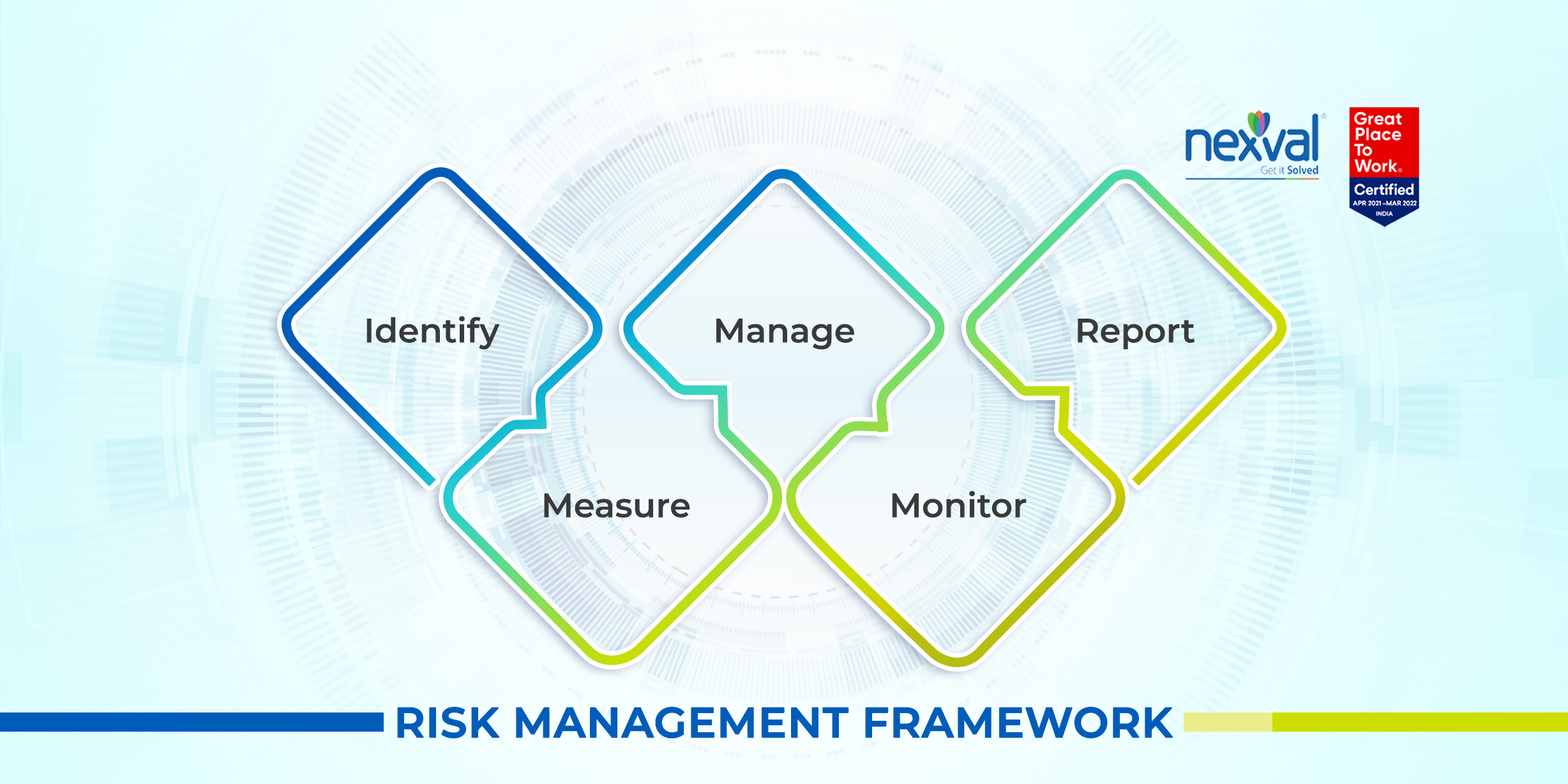Despite COVID and all the new regulations it has created, risk management is not going to lessen after the pandemic leaves us. In fact, we expect the effects of Covid to linger on for a year or more after the virus is under control. And, as we can attest, keeping up with all the changes has become a risk in itself.
In a Forbes article written in early 2020, the author offers a small glimpse into the very real threat of falling behind in the management of corporate risks:
“The pace of change shows no signs of slowing down, with technology evolving faster than risk managers’ ability to keep up. In our new study of nearly 700 risk management executives in the global banking, insurance, and capital markets sectors, we found that nearly three-fourths (72%) of respondents confirmed that complex, interconnected, and ever-changing new risks are emerging more rapidly than ever before.”
One of the ways companies are planning for the additional scrutiny is to outsource pieces of their compliance oversight, or all of it, to a company specializing in Risk Management Services. The latest term for managing services under this large umbrella is Risk Management-as-a-Service (RMaaS). Deloitte defines Managed Services as:
Strategic, experience-driven, outcome-based relationships with high levels of operational integration and scalability that leverage the specialized skills, processes, and technology of an external provider.
Companies are turning to firms that can manage each sector of organizational risk. Partnering with a risk management company can prevent the possibility of fines and penalties associated with noncompliance. RMaaS is a custom-tailored service to your business environment yet always follows a strict set of risk requirements. For those of us in mortgage and banking services, RMaaS should include the following services, to name a few.
6 Areas of Risk Management for Financial Services Companies
- Operational Risks: This includes verifying that systems run as expected; software delivers what is needed and when needed; IT systems fulfill their intended purpose, and people resources follow risk-mitigation protocol.
- Compliance Risks: This includes internal audits, constant updating of regulations, audit sampling, and verification from a legal team, if necessary, to ensure everything is in line with mandates coming from federal and state regulators.
- Due Diligence Obligations: This area encompasses cloud storage services and cloud software solutions focused on internal and customer requirements. Managing in-house facilities can be very costly; outsourcing to a risk management service provider puts another layer of due diligence in place. And, conducting annual customer due diligence on all third-party providers allows an additional level of data security.
- Reputational Risks: This area covers any incident that can shed a bad light on the company and create liability. Areas included under reputational risk are unfair business practices, negative press, damaging social media posts, and any other actions of company managers and associates that determine how they are being perceived.
- Financial Risks: Financial risk surrounds how money flows in and out of your business. The biggest issue in this category is loss of revenue. Loss of revenue can be caused by errors made internally, fluctuating volumes, external government policy changes, and internal stakeholder decisions. This is one area of risk that must be managed at a level where you can prepare or anticipate the impact these events will have on your company.
- Strategic Risks: Simply put, strategic risk happens when your strategic planning goals are not managed closely enough. Setting periodic benchmarks and monitoring where you are each month in achieving strategic goals is imperative. Liken this to a train that is right on track to arrive at its destination with all stops and events accounted for. What happens when the train strays onto another track because it appears to be a shortcut, costs less, or gets to the goal faster? Without carefully researching the other track and the unvetted threats, you could end up derailed and your opportunities thwarted.
Outsourcing the management of those risks to a third-party vendor with the capability and experience to oversee all aspects of your company’s risks is what RMaaS means. Trusting one vendor as a partner for your risk mitigation efforts allows today’s leaders to focus on what’s on the horizon versus what’s happening today. Your RMaaS provider is responsible for reporting on each of the areas of risk. These reports should offer a birds-eye view and a detailed analysis of how closely activities and outcomes affect the bottom line.
In the years of COVID, risks are playing a very significant role in the direction taken to remain compliant while avoiding fines and penalties. Even if the additional scrutiny has created temporary areas of risk management, we need to be prepared for whatever Nationally Declared Disaster comes our way.
As much as we’d like to believe this could never happen again…..it’s a RISK to ignore the possibility.


